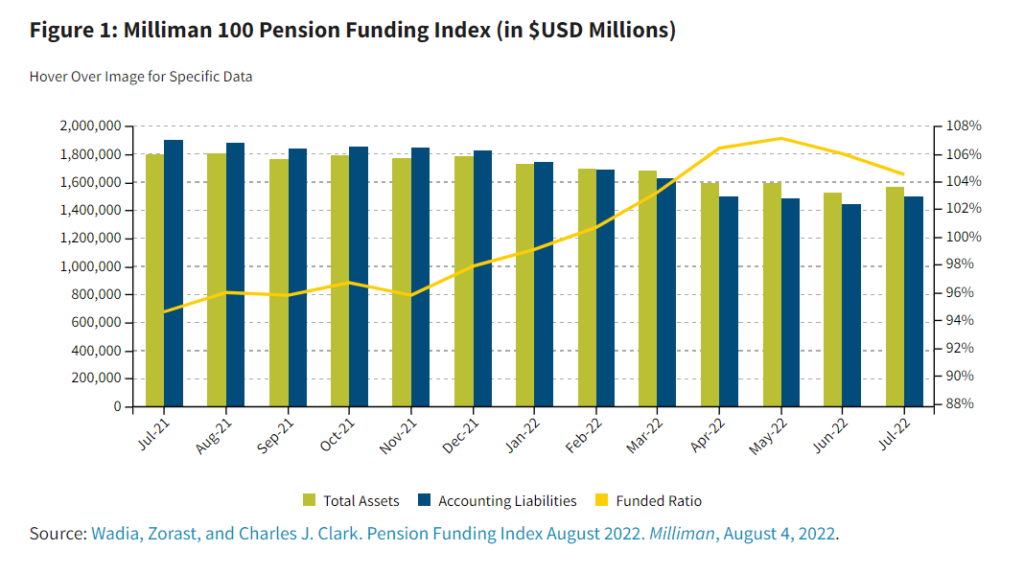Link: https://www.dw.com/en/france-pension-reform-plans-trigger-public-backlash/a-64513082
Excerpt:
A reform of France’s pension system is set to push up the minimum retirement age from 62 to 64. The government has said the measures are needed. But most French, and even a number of economists, disagree.
The demonstration on a recent Thursday afternoon could be a bad omen for President Emmanuel Macron. About 80,000 people gathered in Paris, and over 1 million across France — more than at any other French protest in over a decade. They were there to show their opposition to the government’s pension reform plans, which even some economists disapprove of.
Protesters in the street leading from Place de la Republique to Place de la Bastille in northeastern Paris were holding up placards saying things like “I love my pension” and “This [reform] is not inevitable, it does not create social justice.”
….
But the government has said the reforms are necessary to save France’s pay-as-you-go system, where workers pay for pensions through their levies. “The ratio of workers to pensioners is going down and that is threatening our system. With this project, we’ll guarantee the future of our retirement model,” Prime Minister Elisabeth Borne said before the Senate in mid-January.
As opposed to certain other European countries, France’s pension system does not include any capital-funded elements. It comprises general branches for private employees and public servants, and 27 so-called special pension schemes for, for example, ballet dancers or police officers that benefit from an earlier retirement.
The government now aims to increase the system’s overall minimum retirement age from 62 to 64 years by 2030. And from 2027 on, people will need to work for 43 years — instead of the current 42 — to receive a full-rate pension.
Macron’s plans would maintain an earlier retirement for people who started working at a young age and preserve certain special pension schemes. Others, such as the plans for metro drivers in Paris, are to be cut. The government also aims to increase the minimum pension by about €100 ($108) to €1,200 per month.
Money is, of course, Macron’s main argument. The reform is based on a report by a government-mandated expert committee that predicts pension payments will amount to up to 14.7% of GDP in 2032, instead of the current 13.8%.
Author(s): Lisa Louis
Publication Date: 30 Jan 2023
Publication Site: DW

